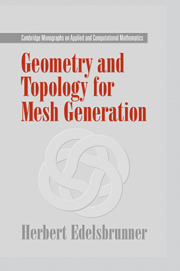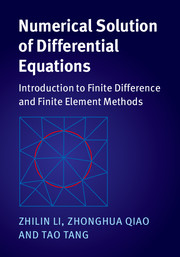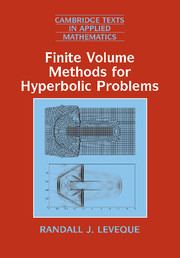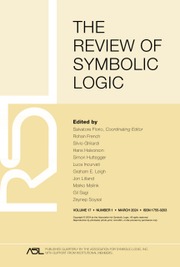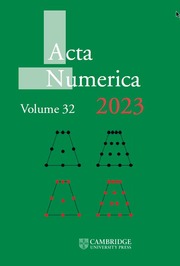Geometry and Topology for Mesh Generation
This book combines mathematics (geometry and topology), computer science (algorithms), and engineering (mesh generation) in order to solve the conceptual and technical problems in the combining of elements of combinatorial and numerical algorithms. The book develops methods from areas that are amenable to combination and explains recent breakthrough solutions to meshing that fit into this category. It should be an ideal graduate text for courses on mesh generation. The specific material is selected giving preference to topics that are elementary, attractive, lend themselves to teaching, are useful, and interesting.
- Combines topics from mathematics, computer science, and engineering
- Based upon a graduate-level course given at Duke University
- Has wide application in both industry and academia
Reviews & endorsements
' a very readable exposition '.Monatshefte fÜr Mathematik --
Product details
January 2011Adobe eBook Reader
9780511837975
0 pages
0kg
This ISBN is for an eBook version which is distributed on our behalf by a third party.
Table of Contents
- 1. Delaunay triangulations
- 2. Triangle meshes
- 3. Combinatorial topology
- 4. Surface simplification
- 5. Delaunay tetrahedrizations
- 6. Tetrahedron meshes
- 7. Open problems.

